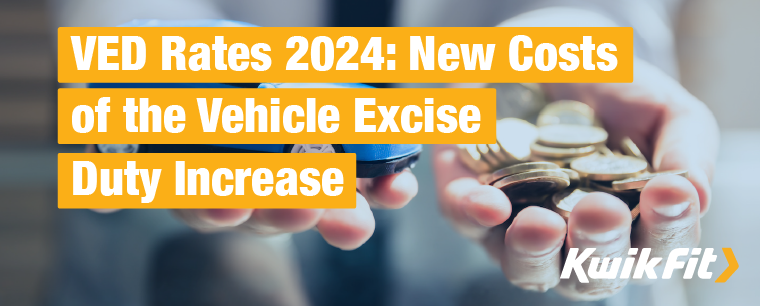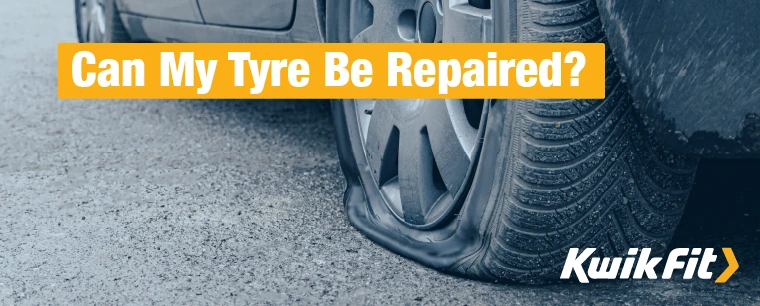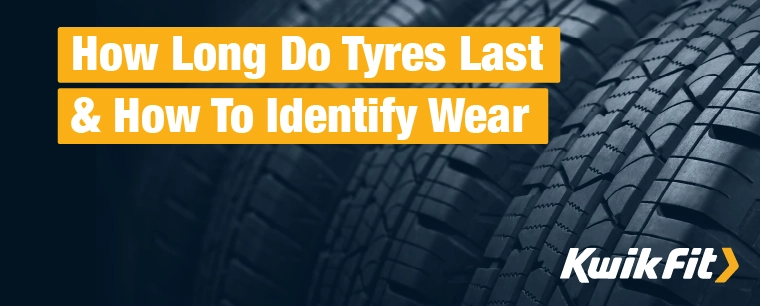VED Rates 2024: New Costs of the Vehicle Excise Duty Increase
Jack Dreyer | Thursday 21st March 2024 8:00am

“Car tax”, “road tax” — that’s how we all know it. But, funnily enough, Vehicle Excise Duty is for neither of these things specifically. As it says in the name, it is an “excise”, which means that it is intended to tax the negative effects cars have on public health.
Like many taxes, vehicle excise duty gets adjusted and, in April 2024, it will rise once again for petrol and diesel vehicles. But why is this tax rising? And by how much? In this blog, we find out.
How is VED calculated?
Vehicle Excise Duty is calculated using the following two factors:
- A vehicle’s age
- A vehicle’s total CO2 emissions (These are measured using WLTP standards)
As it stands, bigger, older engines tend to produce more CO2, requiring drivers to pay more tax on them. Currently, a new car’s tax cost can range anywhere from £0 to £2,605 in the first year, depending on its CO2 emissions. All cars then move to a flat annual rate for the second year onwards.
For drivers of petrol and diesel cars registered after 1 April 2017, that flat annual rate is currently £180, and for alternatively fuelled cars (hybrid, bioethanol or LPG) the rate is £170. For cars with a list price of £40,000 or more, an extra £390 tax is applied for the first five years.
Crucially, drivers of cars producing zero emissions — such as electric and hydrogen cars — don’t have to pay car tax at all, even if the list price is more than £40,000.
So, in summary, the amount of VED you pay depends on how old your car is, and how environmentally friendly it is. These tables have everything you need to know about the Excise Duty you’ll need to pay – just look at your last MOT certificate to see your car’s emissions. You can see our handy table below to see the current rates:
VED tax rates for cars registered after 1st April 2017
| CO2 Emissions (g/km) | Petrol & (clean) Diesel – First year rate | Standard Rate |
|---|---|---|
| 0 | £0 | 0 |
| 0 | £0 | £180 |
| 76-90 | £130 | £180 |
| 91-100 | £165 | £180 |
| 101-110 | £185 | £180 |
| 111-130 | £210 | £180 |
| 131-150 | £255 | £180 |
| 151-170 | £645 | £180 |
| 171-190 | £1040 | £180 |
| 191-225 | £1565 | £180 |
| 226-255 | £2220 | £180 |
| 256+ | £180 | £180 |
VED rates for cars registered before 1st April 2017
The data above only applies to recently registered vehicles. But, if you happen to have a car registered before 1st April 2017, you’ll have to pay tax a little differently. Cars are split into emissions bands and charged corresponding rates for them.
| Car Band | CO2 Emissions (g/km) | Petrol & Diesel |
|---|---|---|
| A | Up to 100 | £0 |
| B | 101-110 | £20 |
| C | 111-120 | £35 |
| D | 121-130 | £150 |
| E | 131-140 | £180 |
| F | 141-150 | £200 |
| G | 151-165 | £240 |
| H | 166-175 | £290 |
| I | 176-185 | £320 |
| J | 186-200 | £365 |
| K* | 201-225 | £395 |
| L | 226-255 | £675 |
| M | Over 255 | £695 |
What are the tax changes for 2024?
Now that you’ve seen a breakdown of the current charges, let’s look at the changes coming in April 2024.
To keep in line with the UK’s high inflation levels, there will be an increase for each tax band again from April 2024. Experts predict that this could be as much as 6% and the standard rate will rise from £180 to £190 for the 2024/25 tax year.
So, if you fall within the requirements for paying VED, you will be expected to pay, potentially, up to 6% more in the next tax year.
As these taxes rise over the next few years, it can be hard to keep up with the added costs of running and using a car. There are ways to save money on fuel through regular checks and maintenance and by using fuel-efficient tyres which could help offset the cost of the rising tax. Not to mention that we have our subscription-based Kwik Fit Club which can help you save money on maintenance and tyre costs through predictable monthly instalments.
If you’ll excuse the pun, it can appear that these rising costs are part of a greater roadmap towards the petrol and diesel ban which has been pushed back to 2035. Electric vehicles will lose their VED exemption in 2025, and this is likely with the view that electric vehicles will largely start to replace diesel and petrol cars by this point. Will this happen? We can’t tell you with absolute certainty but we know that the changes are being made and that means unpredictable rising costs in fuel, taxes and charges. So, it’s best to work out whether you need to pay VED and how much you need to pay if you do, so you can prepare your finances for the future.
Does everyone have to pay VED?
While it is an all-consuming tax, and a legal requirement, not everyone has to pay it. Zero-emission vehicles, including electric cars, will continue to pay £0 in VED for the first year. As well as this, there are a series of exemptions, including (but not limited to):
- Cars registered between March 1st 2001 and March 31st 2017 with CO2 emissions of 100g/km or less. (You can find this out if you check your V5C registration certificate or look online at GOV.UK)
- Cars 40 years old or older
- Drivers with disabilities, provided they meet the necessary criteria
- Vehicles that are never driven & declared as SORN
Make sure you check regulations carefully before deciding not to pay road tax, or you could find yourself incurring fines, court action, or even getting your car clamped.
Keep you car roadworthy with Kwik Fit
While it’s all well and good paying your road tax, if your vehicle is not maintained properly, it might not even be roadworthy in the first place.
When it comes to keeping your car safe, legal, and roadworthy, nothing is more important than a regular service schedule. Book in for an MOT and service at your local Kwik Fit centre today. Or, contact us with any questions you may have.
Any facts, figures and prices shown in our blog articles are correct at time of publication.
Featured Articles
Can My Tyre Be Repaired?
Wednesday 22nd November 2023
It can be hard to tell if your puncture can be repaired or not. Read our handy guide to understand if your tyre can be saved or if you need a replacement.
How Long Do Tyres Last & How To Identify Wear
Wednesday 18th October 2023
Driving on old or worn tyres can be dangerous so you need to maintain them properly. Read about how long tyres should last and how to know if your tyres are old.
Wet Weather Driving Tips – Staying Safe in the Rain
Thursday 27th October 2022
Driving in the rain isn’t only a pain but can be surprisingly hazardous – here are our top tips for staying safe in wet & icy weather this winter.







